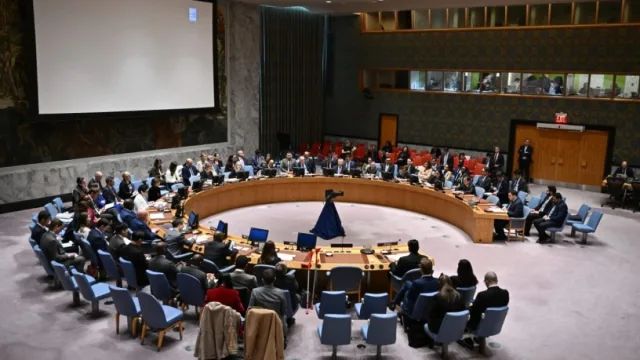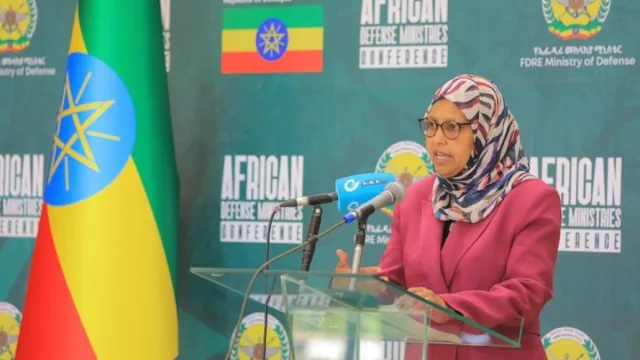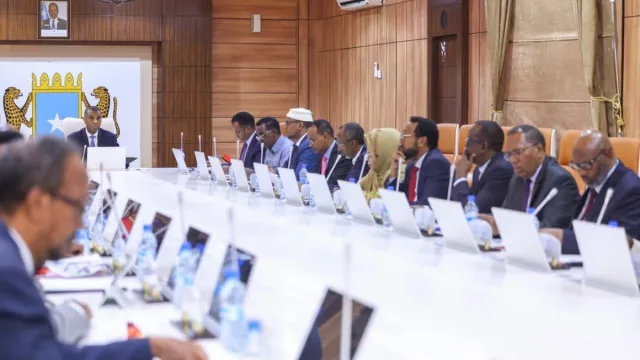(The Standard) NAIROBI: Friday’s attack on Kenyan security officers in their own territory by soldiers, reportedly…

(The Standard) NAIROBI: Friday’s attack on Kenyan security officers in their own territory by soldiers, reportedly from Ethiopia, is the latest violent threat to peaceful co-existence between the two countries. By the time troops from the Kenya Defence Forces were deployed to the North Eastern border town of Sololo, three local police officers had been killed.
Reports indicate that the foreign soldiers, in full military attire, raided the border town inside Kenyan territory and terrorised villagers, abducting 24 of them. By yesterday, there had been no formal government assurance on how security would be restored in this volatile area, to back the vague, largely reactionary, statements by junior police officers in the area.
The silence from DoD and senior government officials following this attack is too loud to be ignored. It is regrettable that neither the head of the military nor Boinett have pronounced themselves on this matter, at a time when Sololo residents need assurances of their safety.
It is of greater concern that this attack was carried a week after the Inspector General of Police Joseph Boinett had raised the threat level following a terrorist attack in Paris on November 13. Under these circumstances, what should we make of Boinett’s assurances on national security and especially at such a time as this when the country is preparing to host Pope Francis.
The circumstances of Friday’s attack are still being pieced together but it has emerged that at dawn, foreign soldiers from Ethiopia, in full military attire, invaded villages in Sololo District where locals led by area MP Roba Duba said at least 24 Kenyans were abducted. This followed a fierce gun battle earlier in the day between Kenyan police and Ethiopian forces at Anona and parts of Sololo township inside Kenyan territory.
Thankfully, the Kenya Defence Forces moved armoured vehicles and tanks from the Odha Military Camp in Moyale to Sololo in good time. Latest reports indicate that the Kenya-Ethiopian border has been closed at some of the volatile border points.
Even as we call for action, it is important to put the latest attack in context. Northern Kenya region has been the theatre of similar incursions in the past. The most violent attack was in 2000 when Oromo Liberation Front (OLF) militia reportedly killed 28 people in two separate “terrorist” attacks—one involving a truck that drove over a landmine allegedly planted by the OLF.
Often these skirmishes have involved Oromo Liberation Front insurgents, and have escalated progressively since 1973 when the OLF began to push for an autonomous Oromo State, free of control from Addis Ababa. Because the Oromo people are scattered across Ethiopia and Somalia, the OLF has launched operations in the two countries from its military bases established there.
Oromos are also found in Kenya where they are largely identified as the Borana. Often Ethiopian troops venture into Kenya in hot pursuit of OLF insurgents who seek to hide among the kin in Kenya.
Unfortunately, the collateral damage has been death, injuries and destruction of property in Kenyan territory. Various attempts have been made to contain the sporadic fighting, with one of the most spirited being the establishment of a Joint Border Commission that involved Kenyans and Ethiopians in 2004.
Obviously, these peace initiatives have not worked and it is becoming increasingly clear that a higher level of engagement is required — possibly involving the heads of states of the two nations.
But even as these options are being considered, two issues are of utmost importance: One, the government must be seen to provide security assurances to Kenyans. Two, and more immediately, the Ethiopians must act to end the latest round of skirmishes and ensure that the abducted Kenyans are given safe passage back home.





